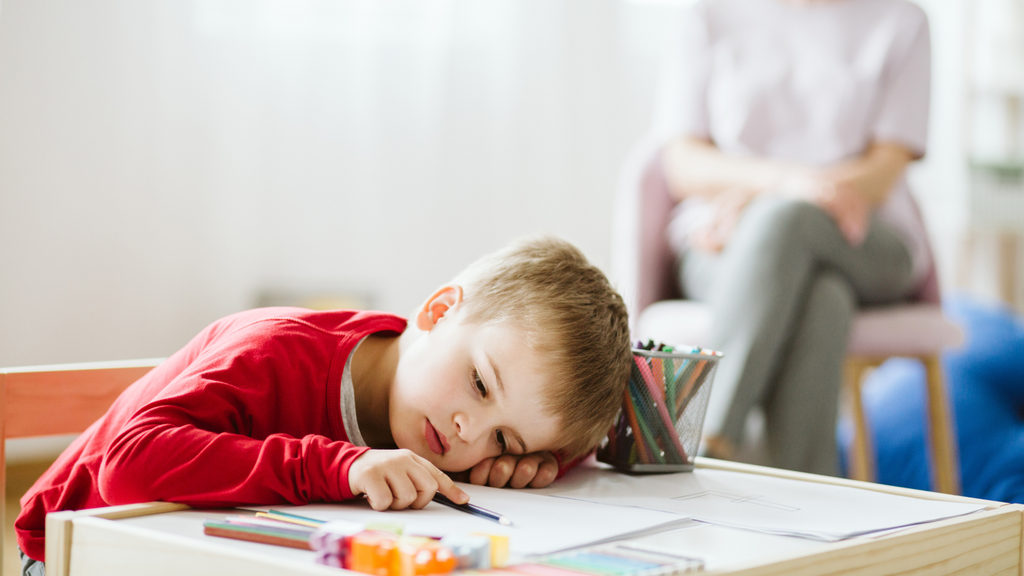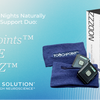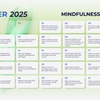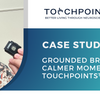ADHD in Kids: Beyond the Symptoms, Understanding the Emotional Impact

Attention Deficit Hyperactivity Disorder (ADHD) is a neurodevelopmental disorder that affects millions of children worldwide. While the hallmark symptoms of ADHD, such as inattention, hyperactivity, and impulsivity, are well-known, their emotional impact on affected children often goes unnoticed or under-addressed. In this article, we will dive into the various aspects of ADHD in kids beyond its famous symptoms, focusing on understanding its emotional impact on them and exploring effective coping strategies or treatments.
ADHD in Kids
This neurological condition affects children's ability to pay attention, control impulsive behavior, and manage hyperactivity. Study reveals that approximately 5-10% of children worldwide have ADHD, making it one of childhood's most common neurodevelopmental disorders.
Recognizing ADHD Symptoms in Children
To better understand and address the emotional impact of ADHD, it is crucial to recognize the common symptoms exhibited by affected children initially. Some of the recognizable symptoms include:
Inattention: Finding it hard to focus, making careless mistakes, and short attention span.
Hyperactivity: Restlessness, excessive talking, difficulty remaining seated.
Impulsivity: Acting without thinking, interrupting others, problems waiting for turns.

The Emotional Impact of ADHD
Beyond the perceptible behavioral symptoms, ADHD has a profound emotional impact on affected children. Children with ADHD often experience:
Frustration and Low self-esteem: Struggling to keep up with tasks and being scolded for their behavior can lead to frustration, feeling that they are getting left behind, or thinking that they are way behind their peers. Their self-esteem takes a hit in their constant struggle with meeting expectations at school and home.
Depression: Chronic frustration they get from academic struggles or social challenges can contribute to feelings of depression.
Isolation: The disorder affects a child's social interactions, as they may struggle with impulse control or maintaining friendships. Their symptoms, such as impulsive behaviors or inattentiveness, are often misunderstood, resulting in social rejection and isolation.
Emotional Dysregulation: Struggling to regulate their emotions is a common experience for children who have ADHD. Their feelings tend to erupt and be all over the place. Frequent outbursts of anger, frustration, or sadness manifest their struggles living with their disorder.
Feeling Misunderstood: ADHD children are frequently misunderstood or judged. Their behaviors are often tagged as "inappropriate," especially by those who lack awareness.
Social Rejection: Difficulties with social skills and impulsivity may lead to peer rejection and feelings of isolation and loneliness.

Understanding ADHD in Children
Understanding the neurological basis of ADHD can provide valuable insights into the emotional challenges these kids face. Dopamine and norepinephrine imbalances in the brain contribute to the symptoms of ADHD. However, it's essential to remember that these biological factors do not define a child's potential or worth.
Coping with ADHD in Kids: Strategies for Parents, Teachers, Guardians, and Caregivers
Taking care of a child with ADHD requires a higher level of patience, understanding, and a tailored approach to address their emotional needs effectively. Some essential strategies for parents and caregivers include:
- Creating a structured environment to help with routine and predictability.
- Using positive reinforcement and rewards to encourage positive behavior.
- Developing effective communication techniques to connect with the child.
- Promoting physical activity to help manage hyperactivity.
- Seeking support and education through support groups or professional counseling.
ADHD Treatment for Children: A Holistic Approach
The treatment of ADHD typically involves utilizing various methods to tackle the disorder's emotional and behavioral aspects. Some commonly employed treatment options include:
- Behavioral Therapy: Cognitive-behavioral therapy (CBT) can help children develop coping skills, emotional regulation, and improved social interactions.
- Medication: Stimulant medications like methylphenidate and amphetamines can effectively manage ADHD symptoms, but they should always be used under medical supervision.
- Lifestyle Modifications: Proper diet, regular exercise, and adequate sleep can positively impact a child's emotional well-being and overall ADHD management.
Managing ADHD in School
Educational settings play a vital role in supporting children with ADHD. Teachers can employ various strategies, such as:
- Using visual aids and interactive learning techniques.
- Allowing for breaks to release pent-up energy and refocus.
- Providing a quiet space for the child to complete tasks.
- Partnering with parents and caregivers to create a consistent approach.
- Addressing Behavioral Challenges in ADHD Kids
Children with ADHD may exhibit challenging behaviors in various settings. By understanding the emotional triggers behind these behaviors, caregivers and teachers can respond more effectively, promoting a positive and supportive environment.
The TouchPoint Solution: A Wearable Device that can help kids with ADHD
The TouchPoint Solution represents a promising approach to helping children combat ADHD. By utilizing BLAST technology to engage the autonomic nervous system, this wearable device offers a non-invasive, drug-free means of reducing hyperactivity, improving focus, and promoting emotional regulation in kids with ADHD.
The Science Behind The TouchPoint Solution
The TouchPoint Solution utilizes bilateral alternating tactile stimulation (BLAST) technology to engage the body's autonomic nervous system (ANS). By stimulating the ANS, this wearable device helps shift the nervous system's balance from the hyperactive sympathetic response (fight-or-flight) to the calming parasympathetic response (rest-and-digest). This shift can reduce stress, improve emotional regulation, and increase focus in children with ADHD.
Reducing Hyperactivity and Impulsivity
One of the critical challenges faced by children with ADHD is hyperactivity and impulsivity. The gentle vibrations produced by The TouchPoint Solution have shown promise in promoting a sense of calmness, thereby reducing hyperactive behaviors and impulsive reactions.
Enhancing Focus and Attention
Children with ADHD often struggle with maintaining focus and attention in academic settings and everyday activities. By engaging the parasympathetic nervous system, The TouchPoint Solution can help children attain a more relaxed and focused state, improving their concentration and ability to stay on task.
Promoting Emotional Regulation
Emotional dysregulation is a common aspect of ADHD in kids. Children may experience intense emotional responses, leading to meltdowns or outbursts. The TouchPoint Solution's sensory intervention can help children regulate their emotions, fostering a more stable and balanced emotional state.
The TouchPoint Solution can be valuable to a comprehensive ADHD management plan, providing much-needed support and relief for children and their families. Embracing this groundbreaking technology can embark on a journey towards a more focused, balanced, and empowered life for children with ADHD.
ADHD in kids goes beyond the observable symptoms; childrenchildren's emotional well-being is also at stake. Understanding the emotional dimensions of ADHD is essential for providing children the necessary support and care. By implementing strategies, seeking appropriate treatments, fostering a supportive environment, and utilizing innovative technology such as TouchPoint Solutions wearable device, we can help children with ADHD thrive and reach their full potential. Remember, early intervention and a compassionate approach can make a difference in their lives.





